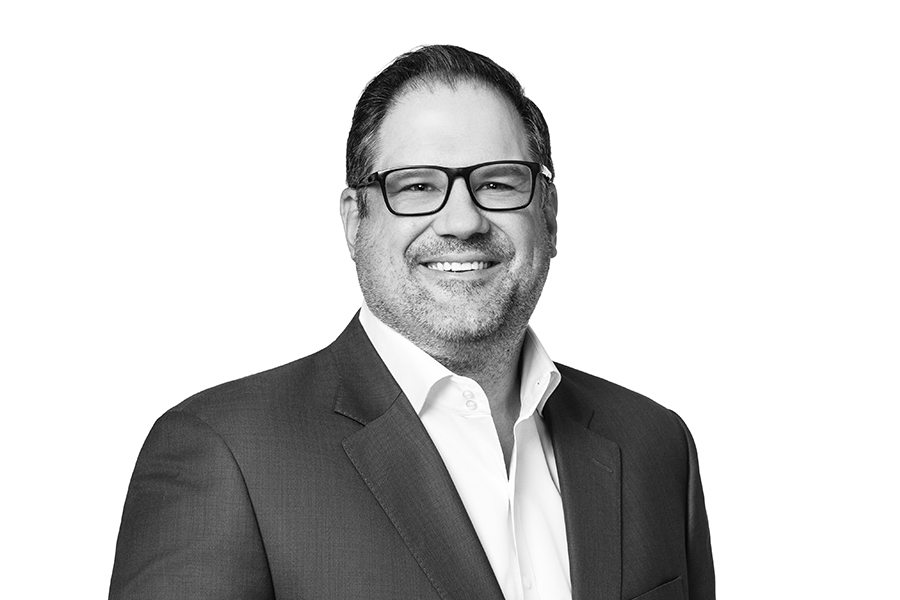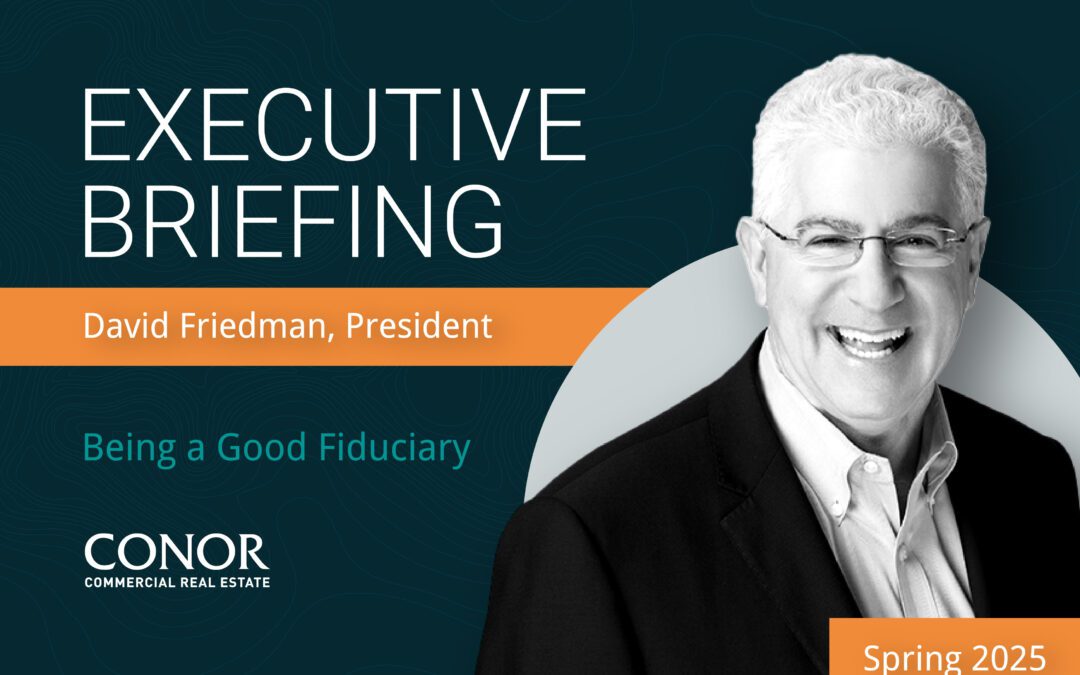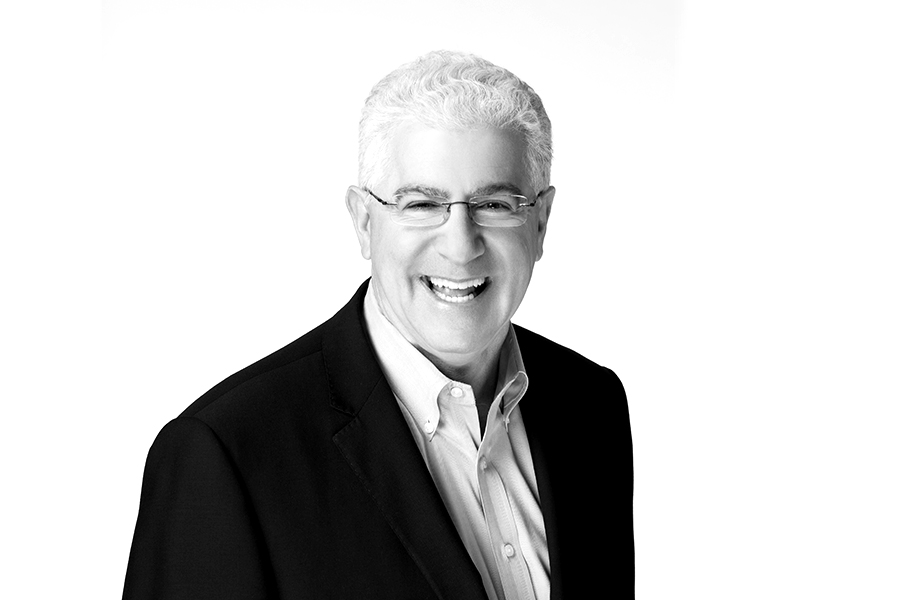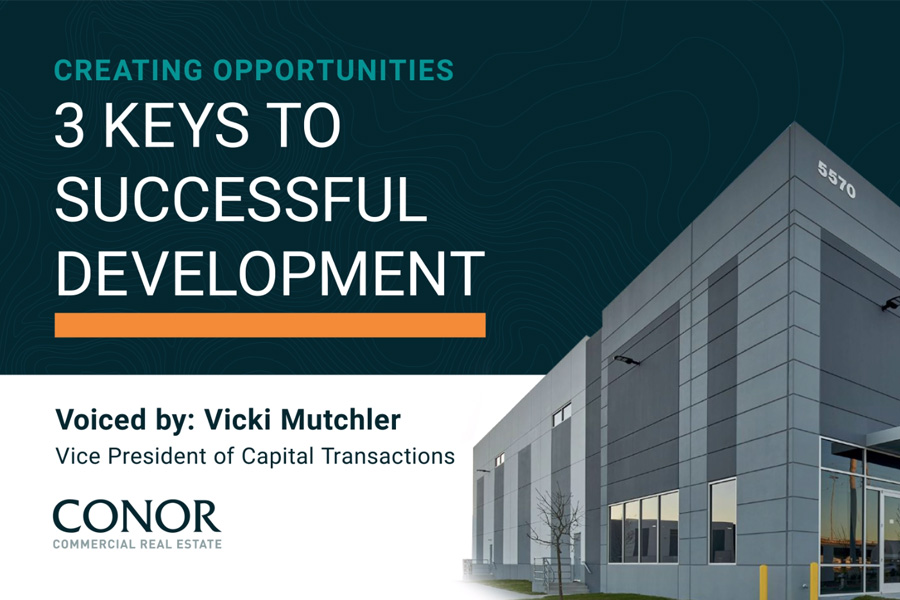
Written by Brian Quigley, Executive Vice President.
Durable Demand Drivers
When selecting a new market for investment, Conor considers durable demand drivers to be paramount. These include population growth, access to transportation, and commerce, such as a manufacturing facility, port, airport, or intermodal facility.
It is important to distinguish between temporary demand drivers and sustained demand drivers. For example, a major road being built through an area will certainly bring demand for materials and labor, but only for a short period of time, as opposed to a long-term or permanent fixture, such as a port. This is key to creating a long-term investment as building owners want to ensure that if one tenant moves out after a lease period of five or ten years, the facility’s location is still desirable for new tenants.
Importance of Relationships
Relationships are enormously valuable to a developer. Real estate development is a very inefficient business and an inexact science, so having access to individuals with varying areas of expertise drives efficiency and, thus, leads to a better outcome. Because of this, Conor pursues relationships with brokers, investors, and lenders all with equal vigor.
Local Knowledge
Local knowledge is critical to a developer’s success. This starts with having excellent one-on-one relationships with brokers in the market.
Additionally, economic development authorities can provide a lot of knowledge on who’s currently in the marketplace, who’s coming to the marketplace, and what plans are being made for expansion of infrastructure that’s going to be relevant in the future to improve transportation.
Civil engineers are also crucial to a successful project, as they know the local subsurface conditions and the geotechnical conditions of the region. We recently completed a project in Savannah, Georgia, where the land is very low and wet, so it’s critical to have a civil engineer there who understands which sites can be developed and which cannot, and then can solve for those challenges.
The more developed you can make your network, the better off you’re going to be in the long run.






